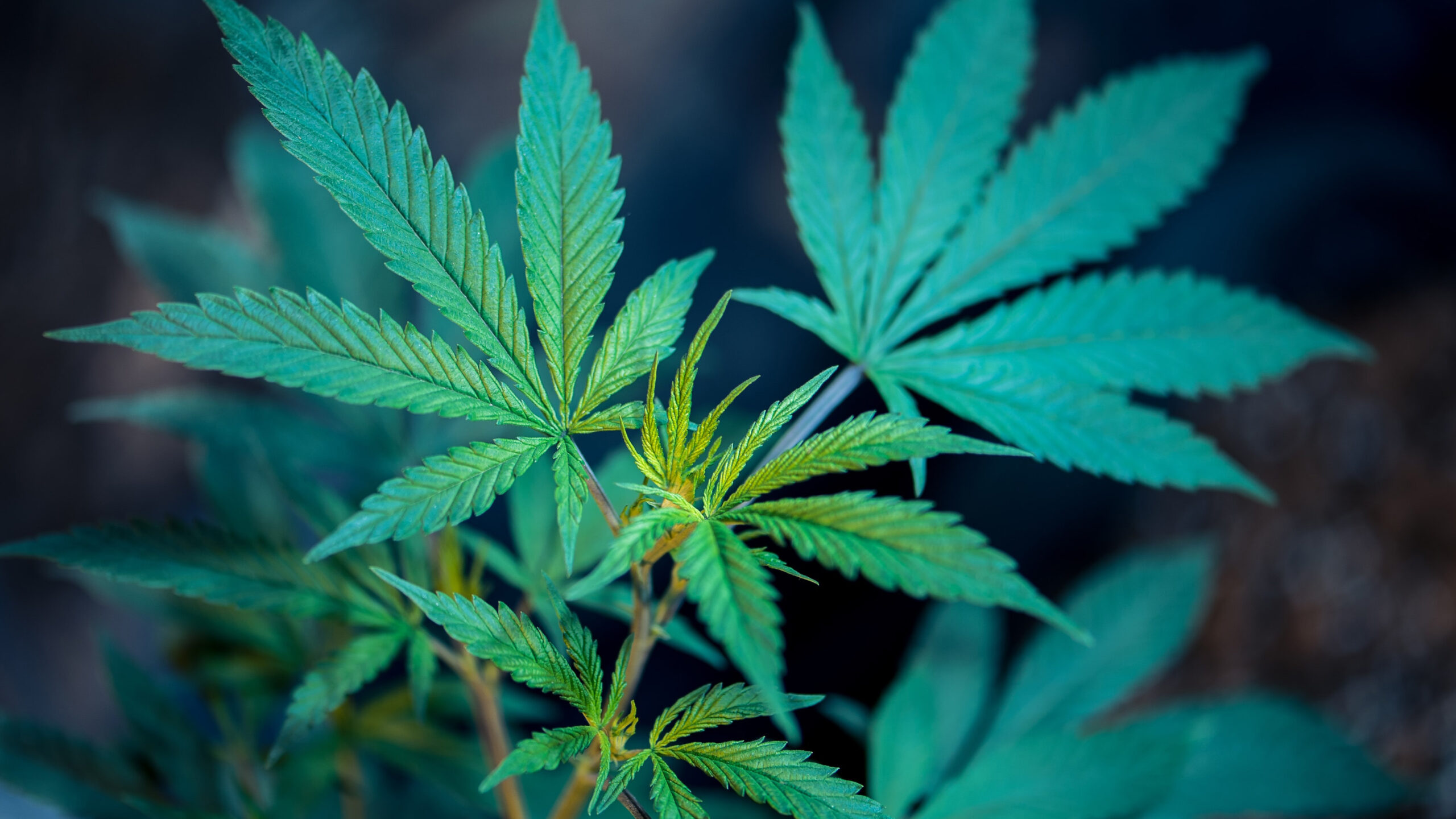Cannabis has been a growing industry in Canada since its legalization three years ago, a Humber College forum on developments in the field was told Nov. 17.
“Sales have gone up, (but) the number of stores has gone up so much faster than the rate of increase in sales,” said Daniel Bear, chair of the Humber Harm Reduction Partnership.
“That’s why we see the sales per store dropping but overall sales are up,” he said.
Bear said since legalization, legal cannabis prices have dropped lower than the illicit market.
“We were looking at $12 grams on average on the legal market at the start of legalization, but then it would cost about $8 in the illicit market,” he said.
“Since that time, the price has dropped. Now we’re looking at about $4 grams in the legal market and about $4.50 in the illicit market,” Bear said. “You can actually buy cheaper cannabis now, and we knew this would happen.”
The forum reviewed the initial findings on sales and consumption patterns of cannabis across Canada.
“This is an interesting time to be looking at cannabis because the market has matured quite a bit,” Bear said. “The first year was a bit rocky, but things are now in a more stable place.”
Bear told Humber Et Cetera that sales of cannabis are up and while sales per store are dropping, the total sales are rising.
“We’re selling about $356 million of cannabis per month across Canada,” he said. As of Oct. 14, there were 1,181 cannabis stores in Ontario alone.
Bear also spoke about the “Weed Out Misinformation Campaign” aimed at getting rid of stereotypes and myths around cannabis and helping educate both new and frequent cannabis consumers.
“We found that young people are feeling stigmatized, and they wanted access to good sources of knowledge,” he said. “So we’re building a new campaign to ensure they get that.
“We need them to know that when people don’t feel stigmatized about cannabis, the discussion of it feels normalized,” Bear said. “The people are a lot more honest, and when people can be honest about their drug consumption, they run into a lot fewer issues.”
Stigmatizing cannabis consumption can make users want to hide it, he said.
“If they’re having dependency issues with cannabis, which happens, they’re less able to talk about it and seek support and help,” he said.
“We also know that they choose to consume in ways that are potentially less safe,” Bear said. “They’ll consume more at once when they’re away from people instead of being able to consume a smaller amount more regularly.”
Caroline Martin, a professor at Humber College in the Massage Therapy program, told the discussion that for most of her life “I was very much against cannabis and I grounded all four of our children if I ever caught them using it.”
But she has a hip problem and a degenerative back, and in 2018, when cannabis was legalized, her doctor suggested she try consumable cannabis to replace opioids and anti-inflammatories she was taking.
“At the time, the doctor couldn’t tell me very much about it,” she said. “I was quickly trying to read stuff about it and I was feeling guilty.”
Martin has never returned to her medication since she consumed cannabis for pain management.
Yanni Theoanna, a Humber student, told a similar story of new attitudes.
“My parents are on board with me consuming cannabis,” Theonna said. “It was such a weird topic before legalization. However, when it became legal, they began to become more open to it.
“It had this sort of stigma and restrictions before, but after legalization — and talking more about it — that stigma started to go away,” he said.

